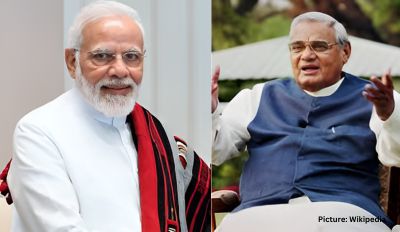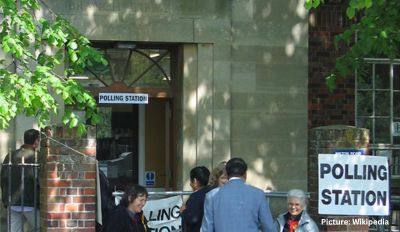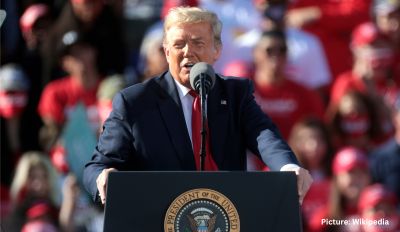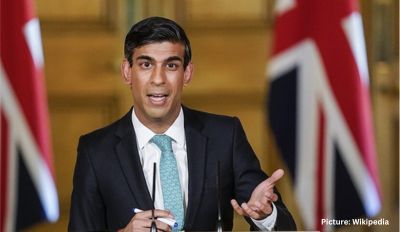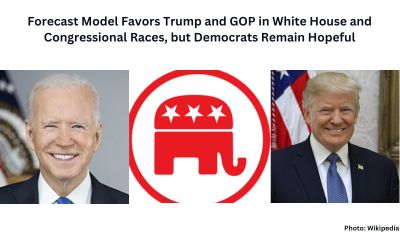Prime Minister Rishi Sunak of Britain took a significant step on Monday, relieving Suella Braverman, one of his prominent and polarizing ministers, of her duties in a top-level reshuffle. This move saw the unexpected return of David Cameron, a predecessor of Sunak, to a government role as the foreign secretary, marking a remarkable twist in the former prime minister’s political journey and adding to the series of upheavals that have unsettled the Conservative Party in recent years.
Mr. Cameron’s resurgence to a senior political position underscores the ongoing challenges within the Conservative Party, which, despite holding power for 13 years, faces a potential erosion of its influence ahead of an impending general election next year. Despite Prime Minister Sunak’s implementation of attention-grabbing right-wing policies related to crime and the environment, the Labour Party maintains a substantial lead in opinion polls. The electorate grapples with a cost of living crisis and a strained public sector following years of austerity under Conservative leadership.
As the prime minister responsible for initiating the 2016 Brexit referendum, Mr. Cameron played a pivotal role in Britain’s decision to leave the European Union. Despite campaigning for the UK to remain in the bloc, he resigned when voters narrowly chose to exit. The subsequent years witnessed a succession of leaders, including Theresa May, Boris Johnson, and Liz Truss, leading to internal strife over Brexit implementation, the role of the state, and immigration policy.
Suella Braverman, a long-standing divisive figure within the party due to her provocative rhetoric and hard-line stance on asylum seekers, played a crucial role in Sunak’s ascent to prime minister last fall. Braverman retained her position as home secretary, overseeing law enforcement, immigration, and national security. However, her tenure came to an abrupt end following a controversial opinion article she wrote last week, just ahead of a large pro-Palestinian demonstration in London. In the article, she referred to protesters as “hate marchers,” criticized the police, and implicitly undermined Sunak, who had not authorized the article and had expressed support for the march shortly before its occurrence.
In response to these developments, James Cleverly, the former foreign secretary, was appointed as Braverman’s successor at the Home Office, according to Downing Street. This shuffle hints at broader changes within the party, with Suella Braverman potentially emerging as a candidate to replace Sunak as the party leader if he fails to secure victory in the upcoming general election. Analysts speculate that the return of David Cameron may be an attempt to steer the party back toward a more moderate stance.
Accepting the role of foreign secretary, Cameron acknowledged the challenging international landscape facing Britain, including the war in Ukraine and the crisis in the Middle East. Despite past disagreements with Sunak’s decisions, Cameron described the current prime minister as “strong and capable,” exhibiting “exemplary leadership.” However, the fact that Cameron is no longer an elected member of Parliament raised questions about accountability, leading to discussions about his unelected status and the potential implications for the democratic process.
As part of the reshuffle, Downing Street announced that, given Cameron’s non-elected status, he would be granted a seat in the House of Lords, the consultative second chamber of Parliament, to facilitate his appointment as foreign secretary. Opposition lawmaker Stella Creasy expressed concerns about the lack of accountability associated with Cameron’s unelected status, raising questions about the democratic legitimacy of such a move.
These recent developments within the British political landscape highlight the ongoing challenges and internal dynamics within the Conservative Party as it grapples with leadership changes, ideological divisions, and public discontent. The unexpected return of David Cameron and the dismissal of Suella Braverman underscore the party’s efforts to navigate a complex political terrain and position itself for the upcoming electoral contest. The implications of these moves on the party’s direction, electoral prospects, and the broader political landscape will undoubtedly unfold in the coming months.



